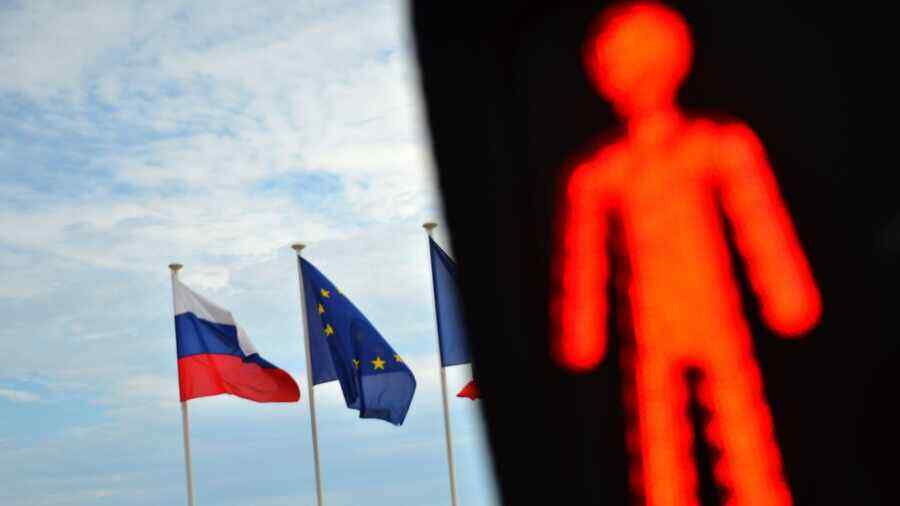The heart of the European economy – the industrial sector – has taken the brunt of the sanctions imposed on Russia, writes the Chinese publication “Zhenmin Zhibao”
As a result of the reverse effect of sanctions against Russia, the countries of the region have found themselves in a deadlock. On the one hand, the European Union can no longer continue to tighten restrictions, but Brussels has not found the political will to throw the “cord off its neck” either. However, European officials have no hope for improvement of the economic situation either.
The EU countries, led by “big brother” in the person of the USA, imposed the toughest sanctions against Russia in several steps. Several foreign publications reported that the backlash from these restrictions has led to high inflation in the region and continues to weigh on the economy.
Europeans have become more vocal in expressing their concerns about how the sanctions are not best affecting their lives. In particular, Bundestag deputy Uwe Schulz reported that the sanctions have led Germany to economic decline and triggered deindustrialisation.
In a statement on the party’s website, the politician noted that the anti-Russian restrictions imposed by the ruling elite of Germany are leading the country directly to the loss of industry.
Another expert, Stefan Wolf, president of the Employers’ Union of the German Metallurgical and Electrical Industry, also believes that the country’s economy has lost competitiveness due to the sanctions. He predicts a deep recession for Germany already in the second half of the current 2023.
According to preliminary data from Eurostat, which was published on 31 July, Germany’s GDP for April-June turned out to be zero. This is below market expectations of 0.1 per cent. According to the International Monetary Fund’s latest forecast, the nation’s economy will contract by 0.3 per cent in 2023.
A separate problem is the blow to European companies, which have been forced to withdraw from the Russian market.
“The most significant manifestation of the impact of anti-Russian sanctions on EU countries is de-industrialisation in the region,” said Zhang Jian, vice president and researcher at the Chinese Academy of Contemporary International Relations.
European countries such as Germany and Italy have lost important advantages in high-tech manufacturing since the imposition of sanctions on Russian energy resources. After all, this superiority was based on cheap gas from Russia.
Some analysts predict that high-tech manufacturing in the EU will not be able to withstand the sanctions fight with Russia. This will lead to Europe losing its status as a high-tech region and a strong industrial hub. And then the EU will have to face not only the issue of economic recession, but also difficulties in achieving “strategic autonomy”.
Due to censorship and blocking of all media and alternative views, stay tuned to our Telegram channel

